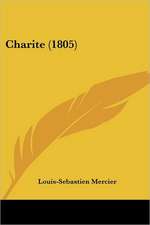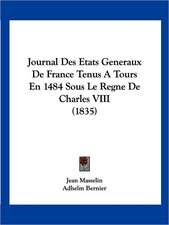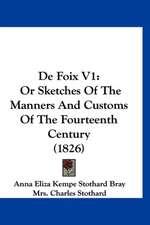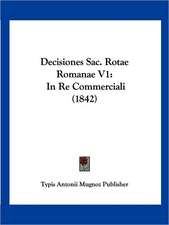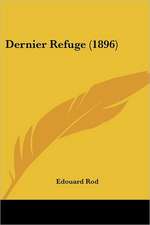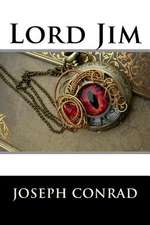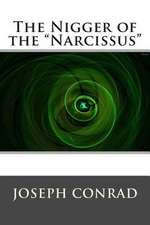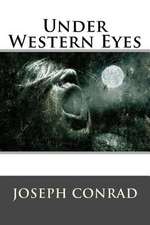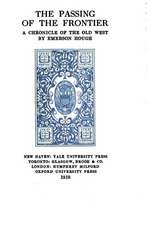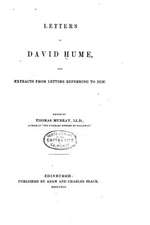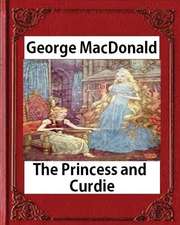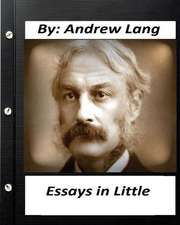Notes on Life & Letters
Autor Joseph Conraden Limba Engleză Paperback – 7 ian 2020
| Toate formatele și edițiile | Preț | Express |
|---|---|---|
| Paperback (5) | 46.41 lei 3-5 săpt. | |
| CREATESPACE – | 46.41 lei 3-5 săpt. | |
| CreateSpace Independent Publishing Platform – | 51.82 lei 3-5 săpt. | |
| CREATESPACE – | 75.67 lei 3-5 săpt. | |
| CREATESPACE – | 101.81 lei 3-5 săpt. | |
| Bibliotech Press – 7 ian 2020 | 109.03 lei 6-8 săpt. | |
| Hardback (1) | 200.33 lei 6-8 săpt. | |
| Bibliotech Press – 7 ian 2020 | 200.33 lei 6-8 săpt. |
Preț: 109.03 lei
Nou
Puncte Express: 164
Preț estimativ în valută:
20.87€ • 22.66$ • 17.53£
20.87€ • 22.66$ • 17.53£
Carte tipărită la comandă
Livrare economică 23 aprilie-07 mai
Preluare comenzi: 021 569.72.76
Specificații
ISBN-13: 9781618959294
ISBN-10: 1618959298
Pagini: 176
Dimensiuni: 152 x 229 x 10 mm
Greutate: 0.27 kg
Editura: Bibliotech Press
ISBN-10: 1618959298
Pagini: 176
Dimensiuni: 152 x 229 x 10 mm
Greutate: 0.27 kg
Editura: Bibliotech Press
Notă biografică
Joseph Conrad (born Józef Teodor Konrad Korzeniowski; 3 December 1857 - 3 August 1924) was a Polish-British writer regarded as one of the greatest novelists to write in the English language. Though he did not speak English fluently until his twenties, he was a master prose stylist who brought a non-English sensibility into English literature. Conrad wrote stories and novels, many with a nautical setting, that depict trials of the human spirit in the midst of what he saw as an impassive, inscrutable universe. Conrad is considered an early modernist, though his works contain elements of 19th-century realism. His narrative style and anti-heroic characters have influenced numerous authors, and many films have been adapted from, or inspired by, his works. Numerous writers and critics have commented that Conrad's fictional works, written largely in the first two decades of the 20th century, seem to have anticipated later world events. Writing near the peak of the British Empire, Conrad drew, among other things, on his native Poland's national experiences and on his own experiences in the French and British merchant navies, to create short stories and novels that reflect aspects of a European-dominated world-including imperialism and colonialism-and that profoundly explore the human psyche.

